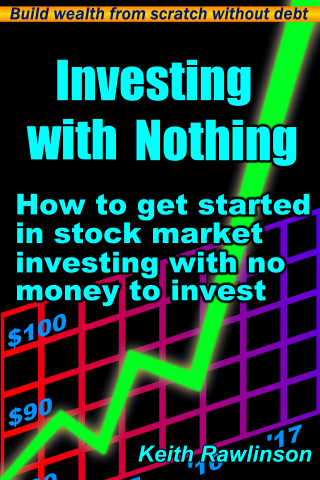Home |
The Financial
Page
 | To get started in stock market investing, especially if you have no money to invest, please read my eBook Investing With Nothing. |
